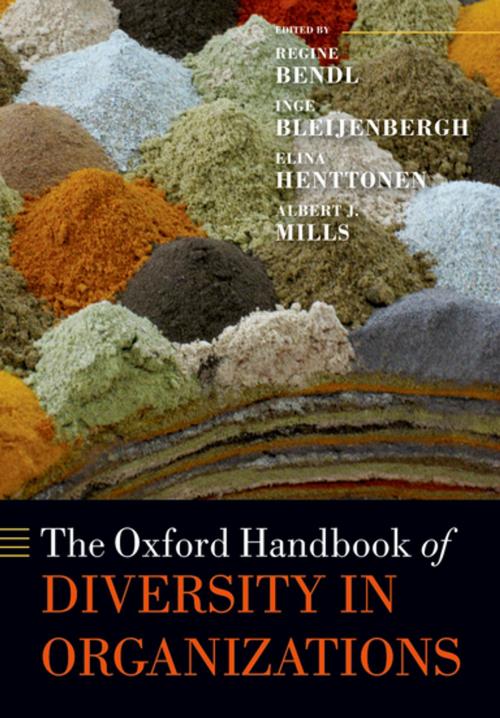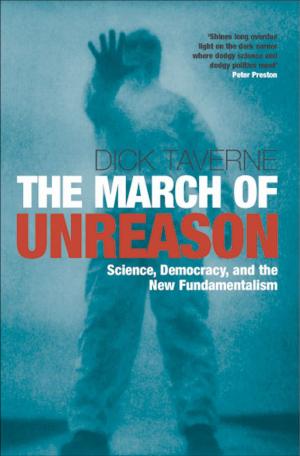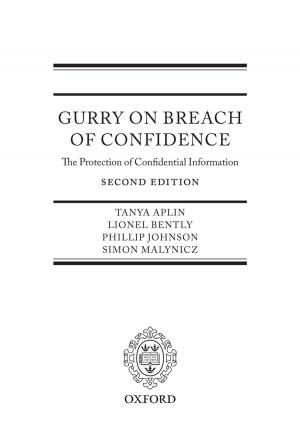The Oxford Handbook of Diversity in Organizations
Business & Finance, Human Resources & Personnel Management, Organizational Behavior, Nonfiction, Social & Cultural Studies, Social Science| Author: | ISBN: | 9780191669255 | |
| Publisher: | OUP Oxford | Publication: | November 12, 2015 |
| Imprint: | OUP Oxford | Language: | English |
| Author: | |
| ISBN: | 9780191669255 |
| Publisher: | OUP Oxford |
| Publication: | November 12, 2015 |
| Imprint: | OUP Oxford |
| Language: | English |
In the last decades diversity and its management has become a feature of modern and postmodern organizations. Different practices have spread around the globe focusing on the organizing and management of inclusion and exclusion of persons and identities based on different genders, sexual orientations, racial and ethnic backgrounds, ages, and (dis)abilities as well as religious beliefs. However, although increasingly recognized as important, the discourses of diversity are multifaceted and not without controversy. Furthermore, diversity management practices have the potential to reproduce both inclusion and exclusion. The book presents the foundations of organizing and managing diversities, offers multidisciplinary, intersectional and critical analyses on key issues, and opens up fresh perspectives in order to advance the diversity debate. It also inspires new debates on diversity by encouraging scholars to broaden their research agendas and assists students and scholars to increase their understanding of the field and its current discussions. The contributors are a team of leading diversity scholars from all over the world.
In the last decades diversity and its management has become a feature of modern and postmodern organizations. Different practices have spread around the globe focusing on the organizing and management of inclusion and exclusion of persons and identities based on different genders, sexual orientations, racial and ethnic backgrounds, ages, and (dis)abilities as well as religious beliefs. However, although increasingly recognized as important, the discourses of diversity are multifaceted and not without controversy. Furthermore, diversity management practices have the potential to reproduce both inclusion and exclusion. The book presents the foundations of organizing and managing diversities, offers multidisciplinary, intersectional and critical analyses on key issues, and opens up fresh perspectives in order to advance the diversity debate. It also inspires new debates on diversity by encouraging scholars to broaden their research agendas and assists students and scholars to increase their understanding of the field and its current discussions. The contributors are a team of leading diversity scholars from all over the world.















